[Anchor]
Due to the U.S.-China tariff war, Apple, which manufactures most of its iPhones in China, was expected to face significant damage.
Perhaps for this reason, President Trump suddenly excluded smartphones from the list of tariffed items.
This has been interpreted as a 'custom exemption' for domestic companies, which means that Samsung, on the other hand, will be at a relative disadvantage.
Reporter Ha Nuri has the details.
[Report]
In 2019, the U.S.-China trade war spilled over to Apple, which makes iPhones in China.
However, after having dinner with Apple CEO Tim Cook, Trump said this.
[Donald Trump/President of the United States/Aug. 22, 2019: "Now, the problem was that Samsung, a competitor, a good competitor, wouldn't be paying tarrifs and Tim Cook would. I've got to help him out short-term with that problem because it's a great American company. Samsung is in South Korea. It's not fair."
In the end, only Samsung withdrew its factories from China.
In this round of U.S.-China tariffs war, Apple has also taken the lead.
U.S. media reported that Tim Cook directly contacted the Secretary of Commerce and senior White House officials to secure the tariff exemption, stating, "Apple was saved from the Trump tariff storm."
[Donald Trump/President of the United States/Apr. 15th: "I'm a very flexible person. I speak to Tim Cook, I help Tim Cook recently..."]
Apple was also quick with its 'sales strategy'.
In the first quarter sales, the iPhone surpassed the Galaxy for the first time, with the sales of 'affordable iPhones' and the use of 'charter flights' being key factors.
Before the tariffs were imposed, Apple hurriedly dispatched six charter flights to send iPhones made in India to the U.S., a move to 'push out' the products.
[Park Jin-seok/Counterpoint Research Senior Researcher: "It is true that Samsung is preparing to lower its reliance on Vietnam in terms of production. However, it is somewhat ambiguous to say that they have pushed out first."]
In the three months after Trump's inauguration, Samsung's Chairman Lee Jae-yong chose to visit China and Japan instead of the U.S. during this period.
The pressure to abolish semiconductor tariffs and subsidies in the U.S., along with competition with Apple, remains a challenge.
This is KBS News, Ha Nuri.
Due to the U.S.-China tariff war, Apple, which manufactures most of its iPhones in China, was expected to face significant damage.
Perhaps for this reason, President Trump suddenly excluded smartphones from the list of tariffed items.
This has been interpreted as a 'custom exemption' for domestic companies, which means that Samsung, on the other hand, will be at a relative disadvantage.
Reporter Ha Nuri has the details.
[Report]
In 2019, the U.S.-China trade war spilled over to Apple, which makes iPhones in China.
However, after having dinner with Apple CEO Tim Cook, Trump said this.
[Donald Trump/President of the United States/Aug. 22, 2019: "Now, the problem was that Samsung, a competitor, a good competitor, wouldn't be paying tarrifs and Tim Cook would. I've got to help him out short-term with that problem because it's a great American company. Samsung is in South Korea. It's not fair."
In the end, only Samsung withdrew its factories from China.
In this round of U.S.-China tariffs war, Apple has also taken the lead.
U.S. media reported that Tim Cook directly contacted the Secretary of Commerce and senior White House officials to secure the tariff exemption, stating, "Apple was saved from the Trump tariff storm."
[Donald Trump/President of the United States/Apr. 15th: "I'm a very flexible person. I speak to Tim Cook, I help Tim Cook recently..."]
Apple was also quick with its 'sales strategy'.
In the first quarter sales, the iPhone surpassed the Galaxy for the first time, with the sales of 'affordable iPhones' and the use of 'charter flights' being key factors.
Before the tariffs were imposed, Apple hurriedly dispatched six charter flights to send iPhones made in India to the U.S., a move to 'push out' the products.
[Park Jin-seok/Counterpoint Research Senior Researcher: "It is true that Samsung is preparing to lower its reliance on Vietnam in terms of production. However, it is somewhat ambiguous to say that they have pushed out first."]
In the three months after Trump's inauguration, Samsung's Chairman Lee Jae-yong chose to visit China and Japan instead of the U.S. during this period.
The pressure to abolish semiconductor tariffs and subsidies in the U.S., along with competition with Apple, remains a challenge.
This is KBS News, Ha Nuri.
■ 제보하기
▷ 카카오톡 : 'KBS제보' 검색, 채널 추가
▷ 전화 : 02-781-1234, 4444
▷ 이메일 : kbs1234@kbs.co.kr
▷ 유튜브, 네이버, 카카오에서도 KBS뉴스를 구독해주세요!
- Apple exempt from U.S. tariffs
-
- 입력 2025-04-19 01:46:34
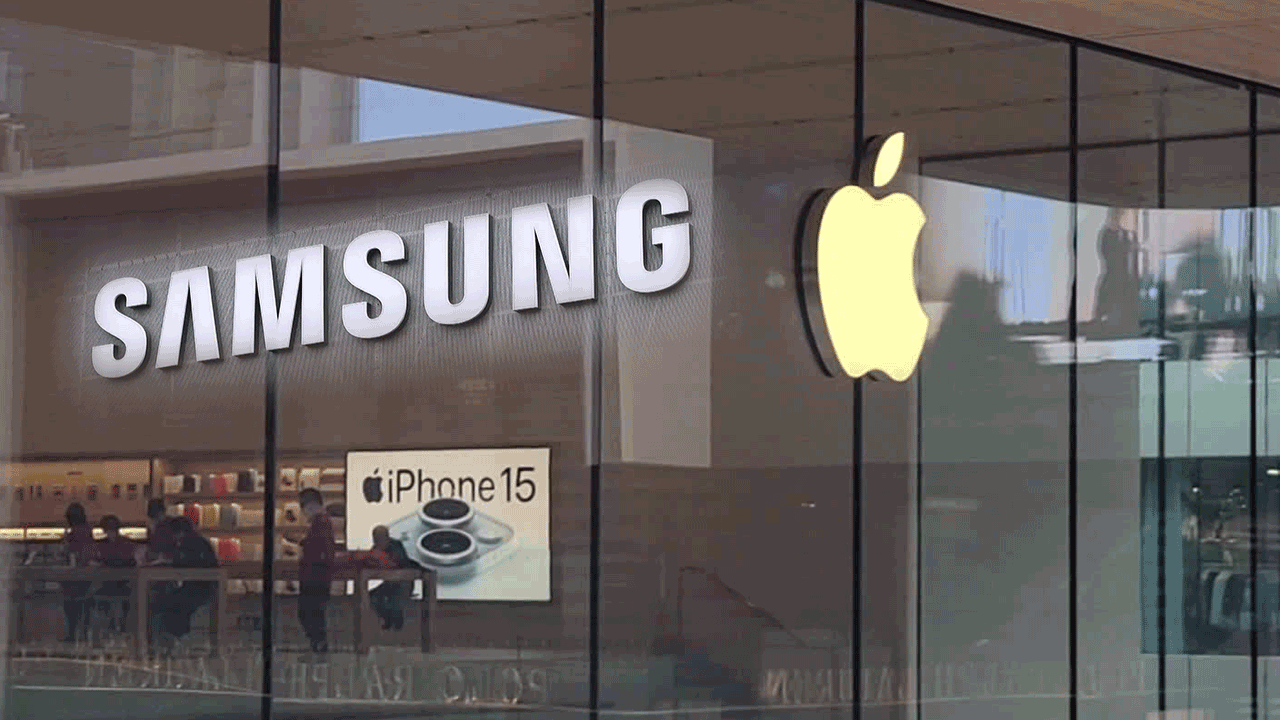
[Anchor]
Due to the U.S.-China tariff war, Apple, which manufactures most of its iPhones in China, was expected to face significant damage.
Perhaps for this reason, President Trump suddenly excluded smartphones from the list of tariffed items.
This has been interpreted as a 'custom exemption' for domestic companies, which means that Samsung, on the other hand, will be at a relative disadvantage.
Reporter Ha Nuri has the details.
[Report]
In 2019, the U.S.-China trade war spilled over to Apple, which makes iPhones in China.
However, after having dinner with Apple CEO Tim Cook, Trump said this.
[Donald Trump/President of the United States/Aug. 22, 2019: "Now, the problem was that Samsung, a competitor, a good competitor, wouldn't be paying tarrifs and Tim Cook would. I've got to help him out short-term with that problem because it's a great American company. Samsung is in South Korea. It's not fair."
In the end, only Samsung withdrew its factories from China.
In this round of U.S.-China tariffs war, Apple has also taken the lead.
U.S. media reported that Tim Cook directly contacted the Secretary of Commerce and senior White House officials to secure the tariff exemption, stating, "Apple was saved from the Trump tariff storm."
[Donald Trump/President of the United States/Apr. 15th: "I'm a very flexible person. I speak to Tim Cook, I help Tim Cook recently..."]
Apple was also quick with its 'sales strategy'.
In the first quarter sales, the iPhone surpassed the Galaxy for the first time, with the sales of 'affordable iPhones' and the use of 'charter flights' being key factors.
Before the tariffs were imposed, Apple hurriedly dispatched six charter flights to send iPhones made in India to the U.S., a move to 'push out' the products.
[Park Jin-seok/Counterpoint Research Senior Researcher: "It is true that Samsung is preparing to lower its reliance on Vietnam in terms of production. However, it is somewhat ambiguous to say that they have pushed out first."]
In the three months after Trump's inauguration, Samsung's Chairman Lee Jae-yong chose to visit China and Japan instead of the U.S. during this period.
The pressure to abolish semiconductor tariffs and subsidies in the U.S., along with competition with Apple, remains a challenge.
This is KBS News, Ha Nuri.
Due to the U.S.-China tariff war, Apple, which manufactures most of its iPhones in China, was expected to face significant damage.
Perhaps for this reason, President Trump suddenly excluded smartphones from the list of tariffed items.
This has been interpreted as a 'custom exemption' for domestic companies, which means that Samsung, on the other hand, will be at a relative disadvantage.
Reporter Ha Nuri has the details.
[Report]
In 2019, the U.S.-China trade war spilled over to Apple, which makes iPhones in China.
However, after having dinner with Apple CEO Tim Cook, Trump said this.
[Donald Trump/President of the United States/Aug. 22, 2019: "Now, the problem was that Samsung, a competitor, a good competitor, wouldn't be paying tarrifs and Tim Cook would. I've got to help him out short-term with that problem because it's a great American company. Samsung is in South Korea. It's not fair."
In the end, only Samsung withdrew its factories from China.
In this round of U.S.-China tariffs war, Apple has also taken the lead.
U.S. media reported that Tim Cook directly contacted the Secretary of Commerce and senior White House officials to secure the tariff exemption, stating, "Apple was saved from the Trump tariff storm."
[Donald Trump/President of the United States/Apr. 15th: "I'm a very flexible person. I speak to Tim Cook, I help Tim Cook recently..."]
Apple was also quick with its 'sales strategy'.
In the first quarter sales, the iPhone surpassed the Galaxy for the first time, with the sales of 'affordable iPhones' and the use of 'charter flights' being key factors.
Before the tariffs were imposed, Apple hurriedly dispatched six charter flights to send iPhones made in India to the U.S., a move to 'push out' the products.
[Park Jin-seok/Counterpoint Research Senior Researcher: "It is true that Samsung is preparing to lower its reliance on Vietnam in terms of production. However, it is somewhat ambiguous to say that they have pushed out first."]
In the three months after Trump's inauguration, Samsung's Chairman Lee Jae-yong chose to visit China and Japan instead of the U.S. during this period.
The pressure to abolish semiconductor tariffs and subsidies in the U.S., along with competition with Apple, remains a challenge.
This is KBS News, Ha Nuri.
-
-
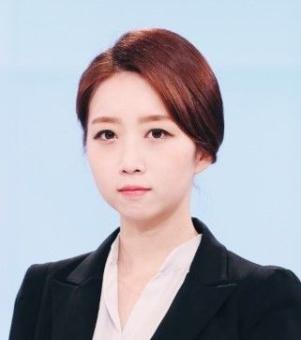
하누리 기자 ha@kbs.co.kr
하누리 기자의 기사 모음
-
이 기사가 좋으셨다면
-
좋아요
0
-
응원해요
0
-
후속 원해요
0











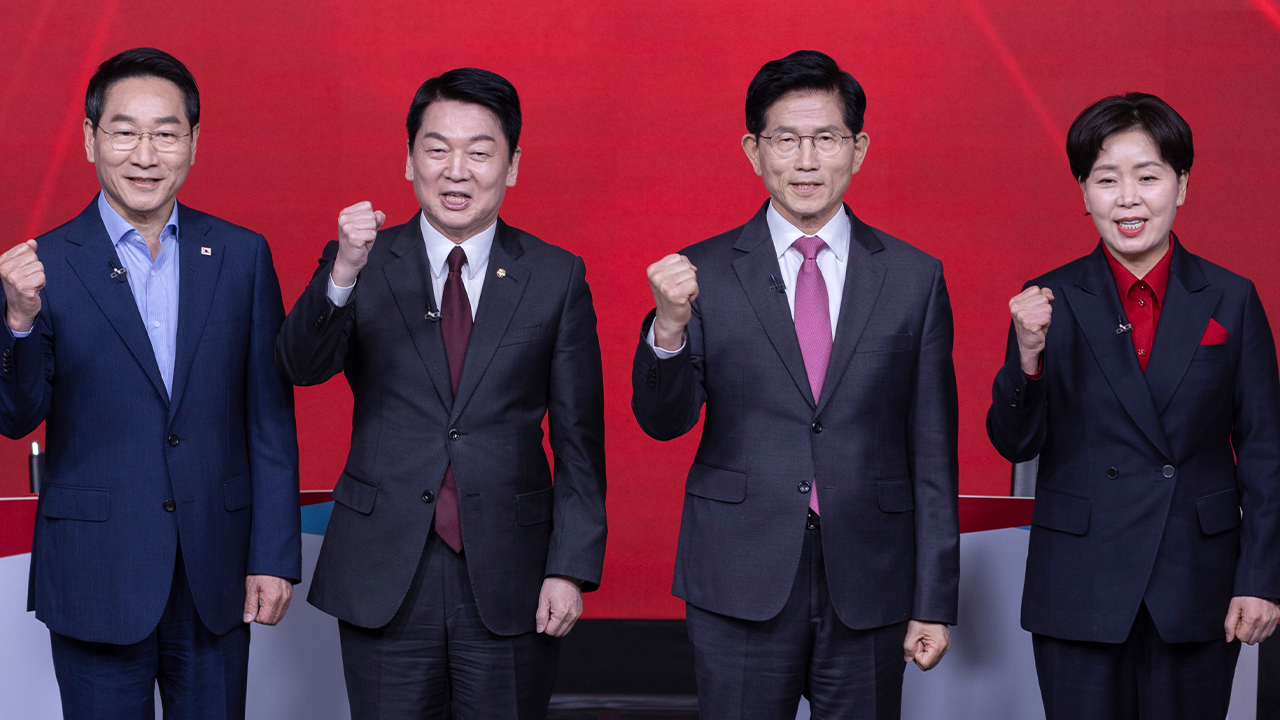
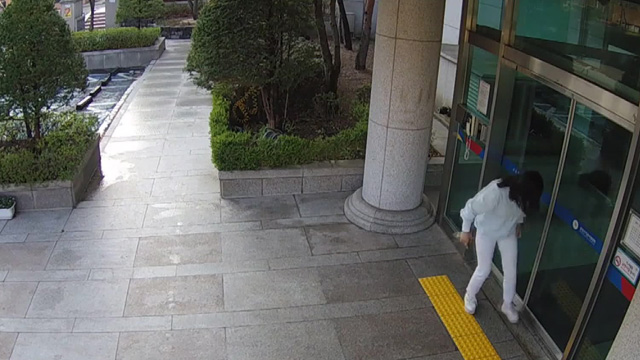
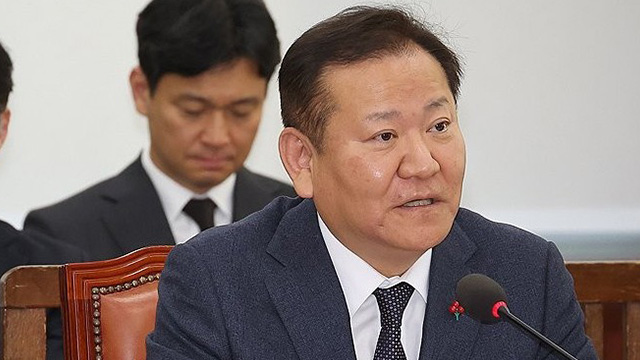

이 기사에 대한 의견을 남겨주세요.